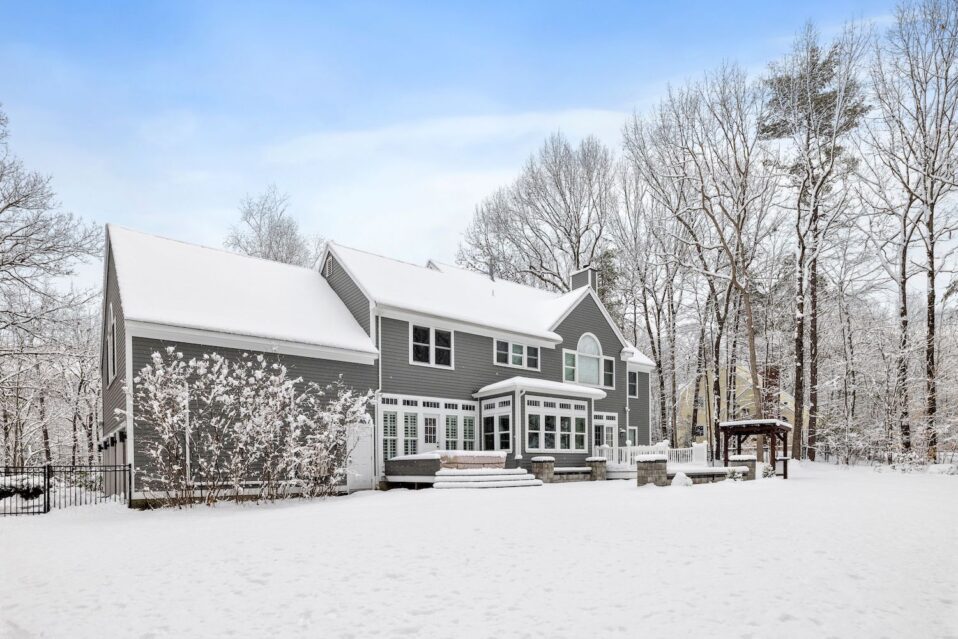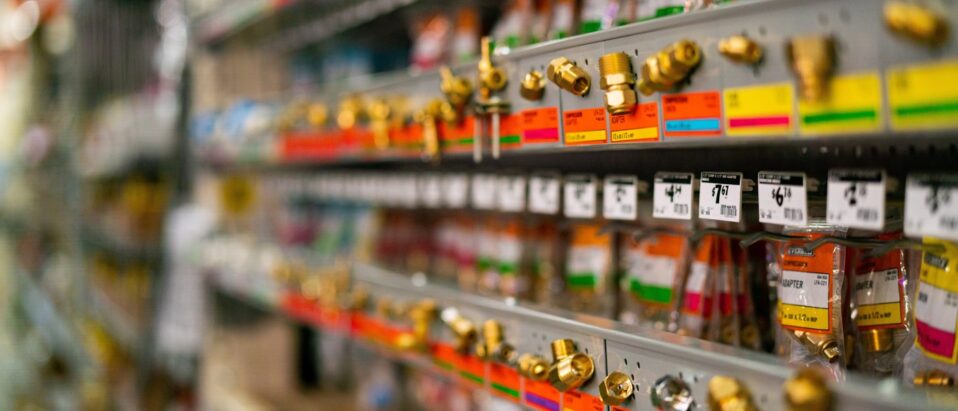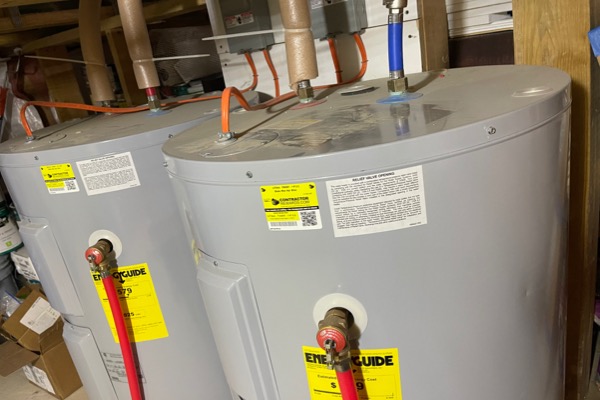As winter approaches, ensuring your home is ready for the cold is crucial to avoid any costly repairs or emergencies. A key area that needs attention is your plumbing and gas systems.
Proper winterization not only protects your home but also ensures the safety and comfort of your family throughout the colder months. Here are five essential steps to winterize your plumbing and gas systems effectively.
1. Insulate Exposed Pipes
One of the most common winter plumbing issues is frozen pipes. To prevent this, make sure to insulate any exposed pipes, especially those in unheated areas like basements, attics, and garages. Foam pipe insulation is easy to install and provides an effective barrier against the cold. For added protection, consider using heat tape on particularly vulnerable pipes. By insulating your pipes, you reduce the risk of them freezing and bursting, which can cause significant water damage and costly repairs.
2. Service Your Water Heater
Your water heater works harder during the winter months, making it essential to ensure it is in good working condition. Schedule a professional inspection to check for any issues like sediment buildup, which can reduce efficiency and lifespan. Additionally, insulating your water heater tank can help retain heat and reduce energy consumption. A well-maintained water heater ensures you have a reliable supply of hot water, even on the coldest days.
3. Seal Leaks and Drafts
Cold air entering your home can cause your pipes to freeze and increase your heating bills. Inspect your home for any leaks or drafts around windows, doors, and other openings. Use weather stripping or caulk to seal these gaps effectively. Pay special attention to areas where plumbing pipes enter your home, as these spots are often overlooked. Sealing leaks not only protects your plumbing but also enhances your home’s overall energy efficiency.
4. Disconnect and Drain Outdoor Hoses
Outdoor hoses and faucets are particularly susceptible to freezing temperatures. Disconnect and drain any garden hoses before the first freeze. Shut off the water supply to outdoor faucets if possible, and drain any remaining water in the pipes. For added protection, install insulated faucet covers to prevent any residual water from freezing and causing damage. Taking these steps can prevent costly repairs and ensure your outdoor plumbing is safeguarded against the winter chill.
5. Check and Maintain Gas Appliances
Winter is the time when gas appliances like furnaces, water heaters, and stoves are used more frequently. Ensure these appliances are in good working order by scheduling a professional maintenance check. A qualified technician can inspect for any potential issues, such as gas leaks or inefficient operation, and make necessary repairs. Proper maintenance not only ensures the safe and efficient operation of your gas appliances but also helps prevent dangerous situations like carbon monoxide leaks.
By following these five steps, you can winterize your home’s plumbing and gas systems effectively, providing peace of mind and protecting your property from the harsh winter conditions. Taking the time to prepare now can save you from the inconvenience and expense of dealing with emergencies later. Stay warm and safe this winter by making sure your home is ready for whatever the season brings.






 WE DELIVER:
WE DELIVER: